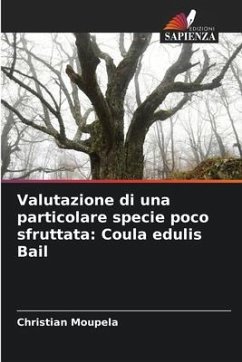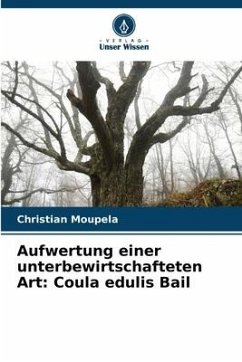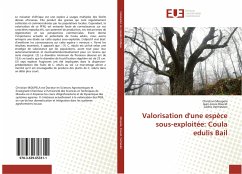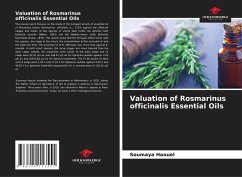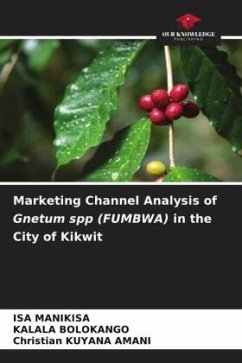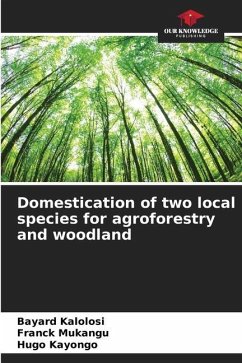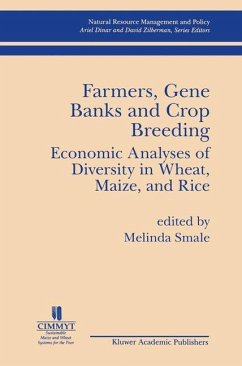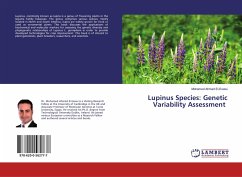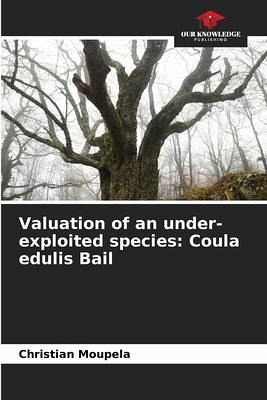
Valuation of an under-exploited species: Coula edulis Bail
Versandkostenfrei!
Versandfertig in 6-10 Tagen
41,99 €
inkl. MwSt.

PAYBACK Punkte
21 °P sammeln!
The African hazelnut is a multipurpose species of the African dense forests. It produces seeds that are regularly collected and marketed by local populations. However, the valorization of this NTFP is hampered by lack of knowledge on its reproductive traits, production potential, regeneration mechanisms and commercial prospects. Given the current and potential importance of Coula edulis, we undertook a study on this under-exploited species. The objective was to improve the knowledge of this "minor" species. Among the essential results, it appears that: (1) C. edulis is used as a subsistence st...
The African hazelnut is a multipurpose species of the African dense forests. It produces seeds that are regularly collected and marketed by local populations. However, the valorization of this NTFP is hampered by lack of knowledge on its reproductive traits, production potential, regeneration mechanisms and commercial prospects. Given the current and potential importance of Coula edulis, we undertook a study on this under-exploited species. The objective was to improve the knowledge of this "minor" species. Among the essential results, it appears that: (1) C. edulis is used as a subsistence strategy by the populations, above all for their own consumption and possibly for an income that remains marginal. (2) The minimum flowering diameter observed is 10.6 cm while the regular fruiting diameter is 23 cm. (3) Seven frugivorous species were involved in the dispersal-predation of C. edulis fruits on the ground. Aerial layering showed that it is feasible to produce C. edulis plants in a shorter time.




